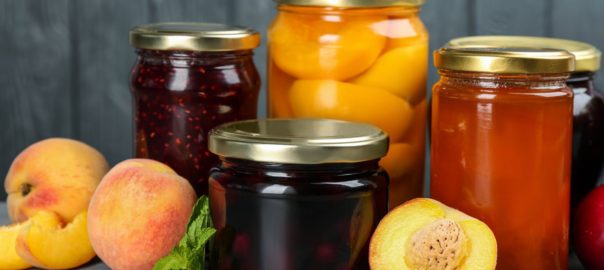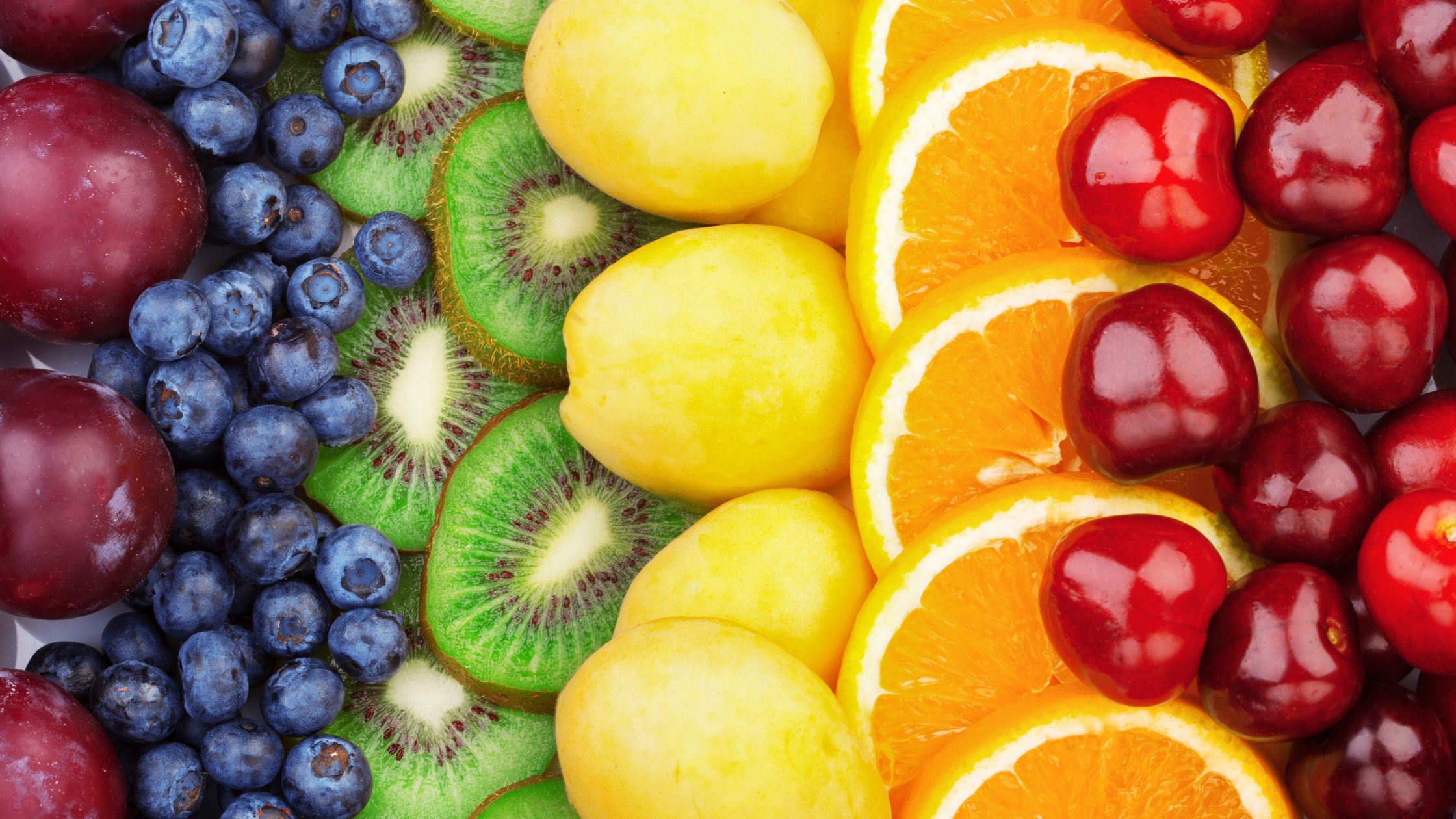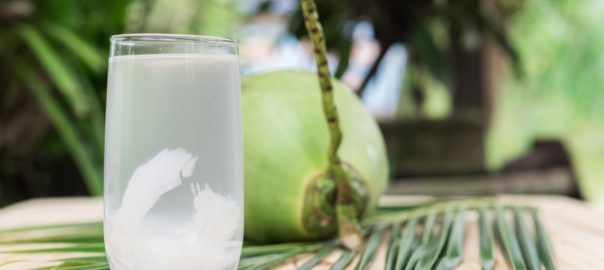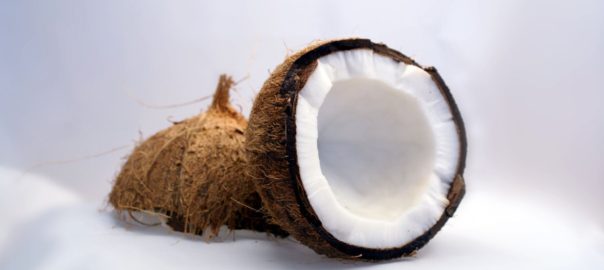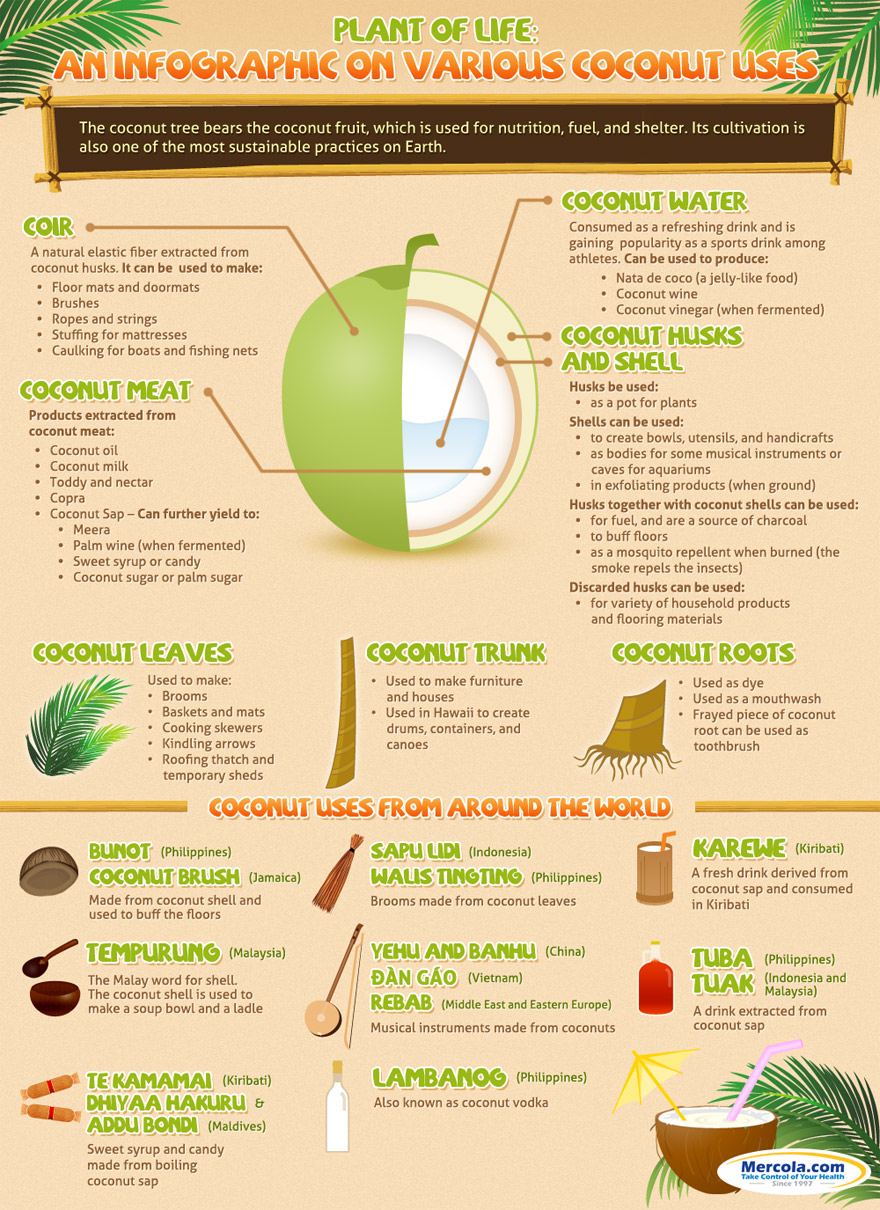Watch: In this video review, I explore the recipes, visuals, and insights these books offer.
–
If you're a fan of canning and preserving, you'll understand the joy of exploring new recipes and techniques to capture the essence of seasonal produce.
In this blog post, I'll share my thoughts on three fantastic cookbooks that have caught my attention recently. These books provide a plethora of recipes, beautiful visuals, and valuable insights into the art of canning and preserving.
Whether you're a seasoned pro or a curious beginner, these books offer something special to enhance your culinary adventures.
"Can It, Bottle It, Smoke It, and Other Kitchen Projects" by Karen Solomon
Karen Solomon's book is perfect for those who love to venture beyond traditional canning. With chapters covering various culinary realms, such as jamming, pickling, smoking, and more, this cookbook offers a diverse range of projects.
Solomon's simple yet direct instructions make the recipes accessible to all. The book also features stunning photographs that will inspire your culinary creativity. One standout recipe is the carrot almond jam, a delightful condiment born out of experimentation.
Additionally, Solomon provides instructions on making your own apple pectin, adding another dimension to your canning adventures.
"The Art of Preserving: Ancient Techniques and Modern Inventions to Capture Every Season in a Jar" by Emma McDonald
Emma McDonald's book is a treasure trove of recipes that allow you to preserve the flavors of each season. With chapters dedicated to jams, marmalades, jellies, curds, chutneys, pickles, and more, McDonald covers a wide array of preserving techniques.
The book's troubleshooting section is a valuable resource for addressing any challenges you may encounter along the way. McDonald's use of both metric and American measures ensures that everyone can enjoy these recipes without the need for conversions.
Notable recipes include an assortment of curds and innovative uses for them, like the passion fruit raspberry coconut curd. The book also introduces intriguing recipes such as figs in Manuka honey and balsamic onions.
"Put ‘em Up! Fruit: A Preserving Guide and Cookbook" by Sherri Brooks Vinton
Sherri Brooks Vinton's book is a delightful guide that provides not only preserving techniques but also offers creative ideas for using your homemade preserves. With vivid visuals and practical tips, this book is a joy to explore.
Vinton shares recipes for various preserves, condiments, and more while also suggesting exciting ways to incorporate them into your meals. For example, you can make apple cider vinegar and then use it to create a classic vinaigrette. The book's versatility is highlighted by recipes like blueberry ketchup, which pairs beautifully with sweet potato oven fries.
Additionally, Vinton shares kitchen how-tos, hacks, and tips that make the preserving process easier and more enjoyable.
Conclusion
These three canning and preserving cookbooks provide a wealth of recipes, stunning visuals, and useful insights. "Can It, Bottle It, Smoke It" by Karen Solomon offers a diverse range of DIY projects, while Emma McDonald's "The Art of Preserving" presents an array of traditional and modern recipes with troubleshooting guidance. Finally, Sherri Brooks Vinton's "Put ‘em Up! Fruit" combines preserving techniques with imaginative ways to use your homemade preserves.
Whether you borrow these books from your local library or add them to your personal collection, they are sure to enhance your culinary journey and inspire you to create flavorful delights to savor throughout the year.

